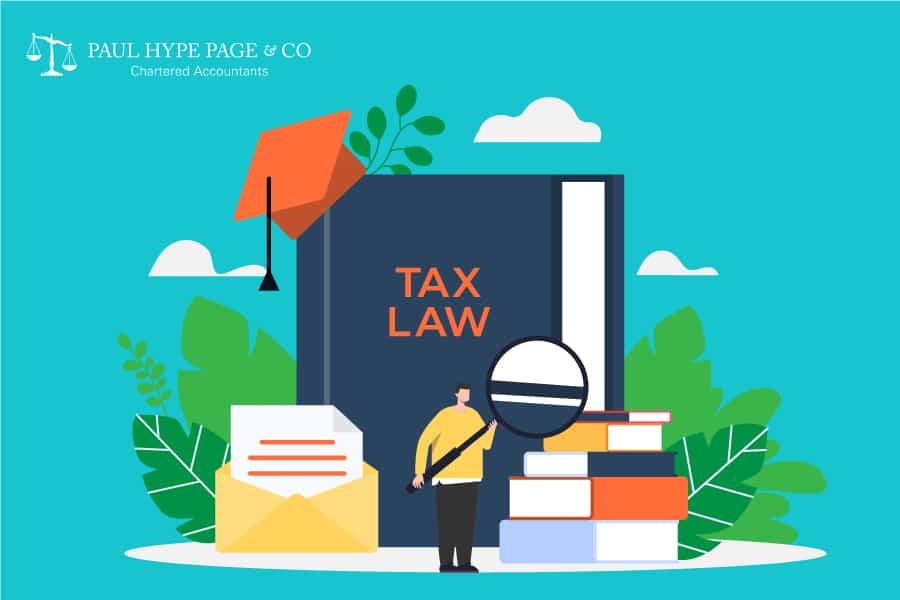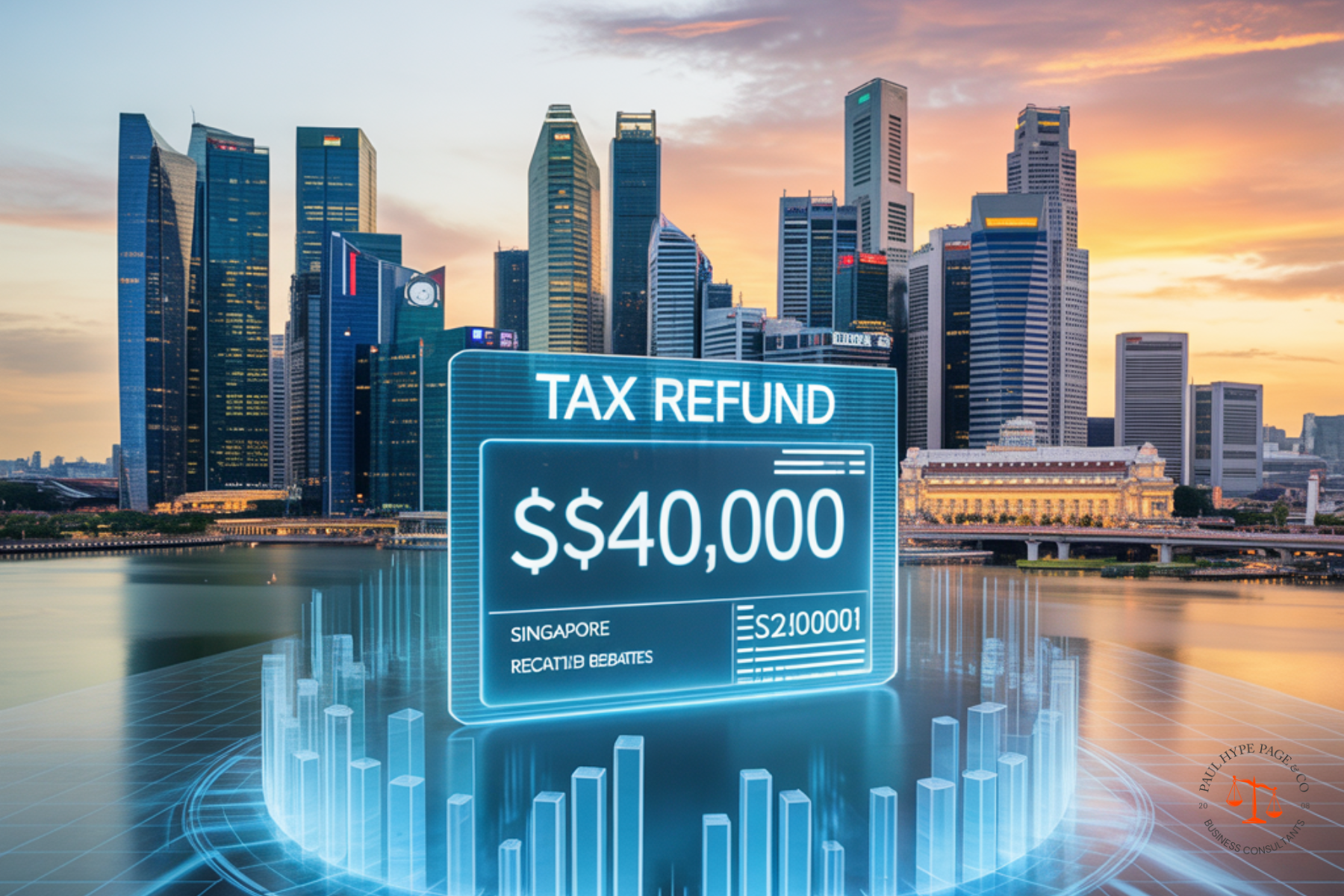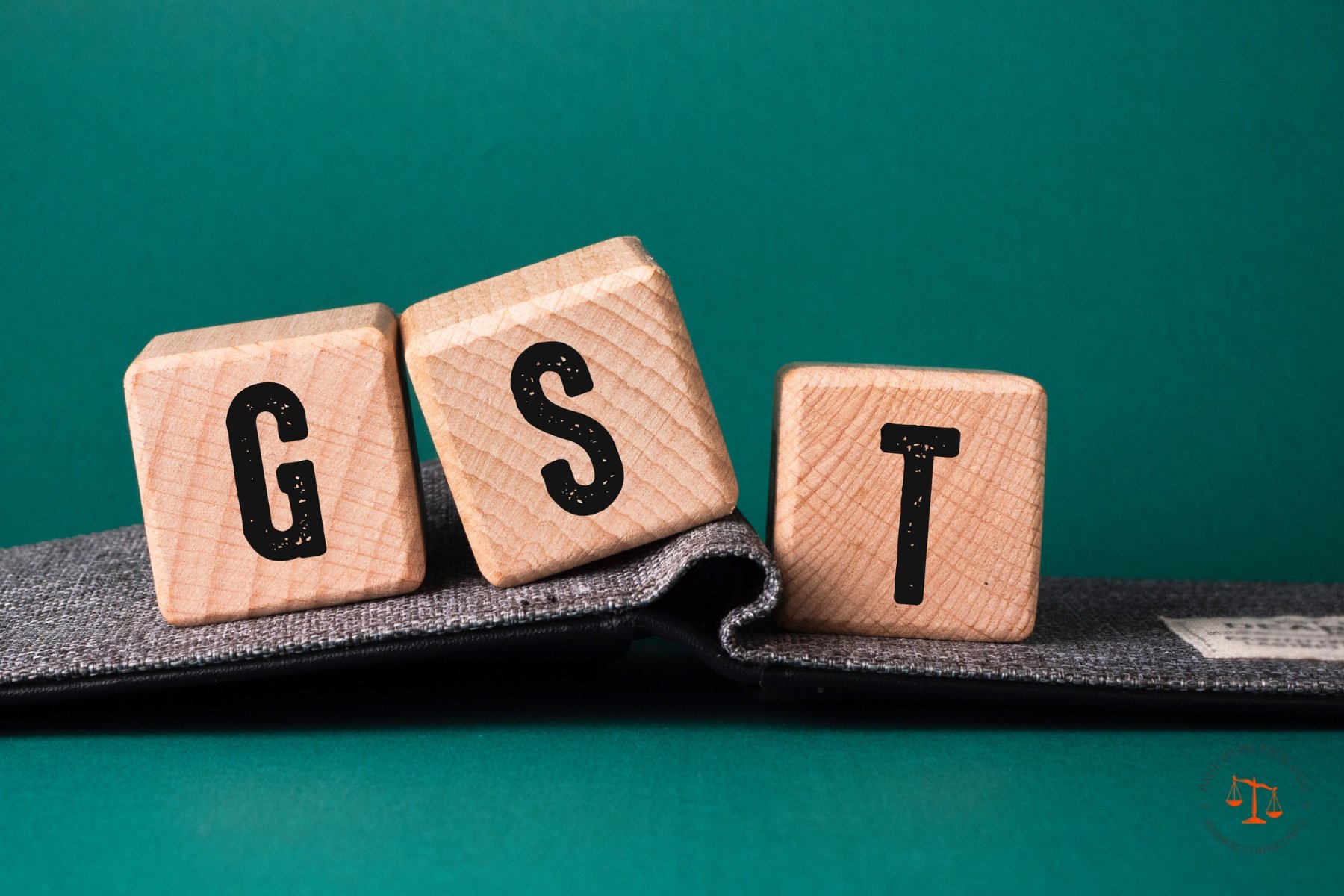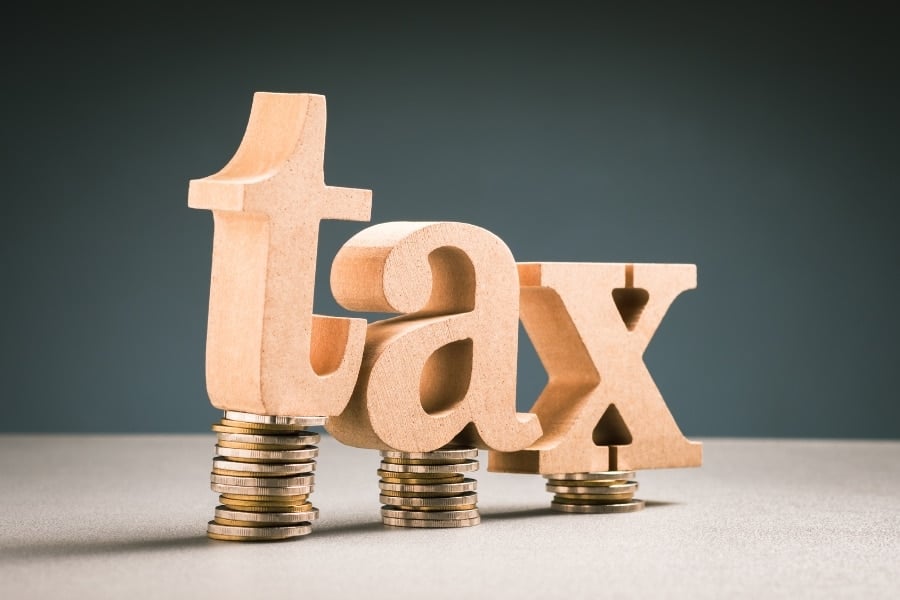Guides
Singapore–China RMB and capital market initiatives are reshaping how businesses manage banking, foreign exchange, accounting, and tax exposure. This guide explains what SMEs should review and adjust in their finance strategy to stay compliant and prepared for 2026.
Singapore’s Budget 2025 offers companies up to S$40,000 in tax savings and cash support through the Corporate Income Tax Rebate and Cash Grant scheme. This guide explains how your business can qualify, maximise the benefits, and strengthen cash flow going into 2025.
Singapore offers low personal income tax for residents and non-residents. To reduce your tax burden, consider tax residency status, double taxation agreements, the NOR scheme, and deductible expenses.
Singapore’s GST system has evolved since its introduction in 1994, with the GST rate in Singapore rising to 9% in 2024. As the Singapore government prepares for Budget 2025 on 19 February, potential enhancements to the GST voucher scheme, relief for basic necessities, and tax adjustments could help balance the impact of the higher GST rate on Singaporeans.
In Singapore, working there for at least 183 days makes you a tax resident. There's an exception: even with shorter stays, continuous work or residence for two years can qualify you, though this excludes company directors, entertainers, and professionals.
The Common Reporting Standard (CRS) is a global tax transparency framework requiring financial institutions to automatically exchange financial account information with tax authorities. Ensuring compliance with CRS regulations helps prevent tax evasion, with reporting SGFIs required to submit CRS returns in XML format annually to authorities like IRAS.
Filing corporate income tax in Singapore is simpler with the right guidance. Learn about Form C, C-S, and C-S (Lite), common filing questions, and how Paul Hype Page Singapore can help you stay compliant and maximize tax benefits. Focus on growing your business while we handle the details!
Singapore’s Tax Identification Number (TIN) system streamlines tax compliance for businesses and individuals through the UEN, NRIC, or FIN. It supports local and international tax obligations, ensuring efficiency and alignment with global standards.
Singapore’s corporate tax system offers a flat 17% rate under a single-tier framework, taxing profits only once while exempting dividends. Its territorial approach taxes only locally sourced or received income, with exemptions for startups (SUTE), partial tax relief for established companies (PTE), and incentives like rebates, deductible expenses, and capital allowances, fostering tax efficiency and business growth.













